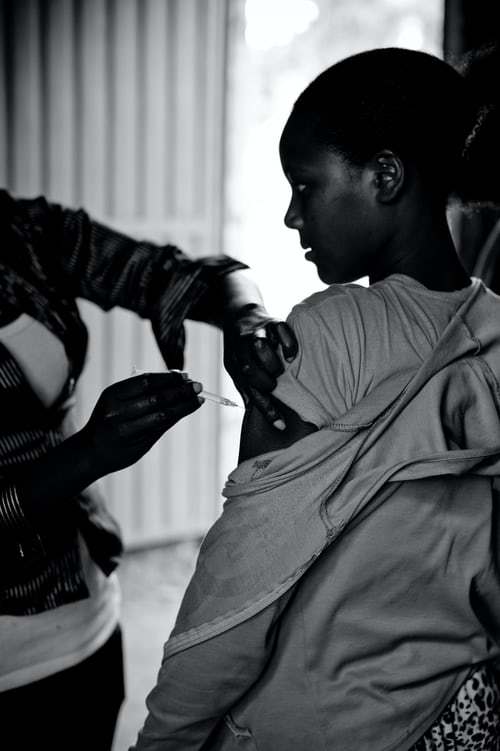By Deniz Demirag, MSc Environment, Politics and Development
The World Health Organization (WHO) recently launched a vaccine allocation plan with 156 countries, known as ‘Covax,’ to enable a rapid and fair global distribution of Covid-19 vaccines. 64 higher-income countries have already joined the program, ensuring the research, purchase and distribution of the vaccines is divided equally among the participating countries.
Governments, manufacturers, organisations and individuals have so far contributed around $1.4bn towards the program to effectively deliver two billion doses of safe vaccines by the end of 2021.
Although this initiative has been described as a landmark moment in public health history, it is not without its faults. Despite the planned global immunisation by the end of 2021, experts claim that poorer countries may not be sufficiently vaccinated until at least 2024.
Hopes for an equitable global distribution of vaccines were crushed, as wealthy countries like the UK, US, Israel and the EU not only aim to vaccinate their entire population by the end of 2021, but are also buying more vaccines than they need. This will limit the amount of vaccines available for the remaining 84 countries, who will unfortunately face shortages as a result.
In countries with large populations spread over a wide geographical area, such as China and India, providing vaccines to the vulnerable is a huge endeavour. Richer countries already have the means to provide and manufacture vaccine doses effectively.
However, experts say that this critical stage in the pandemic requires international collaboration if we hope to transition to a new normal. Epidemiologists say that developed countries will greatly benefit from worldwide immunisation because there is no guarantee that the virus won’t mutate and infect those who already are vaccinated.
“If there are no vaccines to buy, money is irrelevant.”
Ghana recently became the first country to receive 600,000 doses of the AstraZeneca-Oxford University vaccine. Concerns about the scheme centre around the speed of the process rather than the cost. WHO Director-General Tedros Adhanom Ghebreyesus commented: ‘If there are no vaccines to buy, money is irrelevant.’
A proposal introduced by South Africa to waive intellectual property rights so the vaccines can be produced around the world has been resisted by wealthy countries and large pharmaceutical corporations. Mustaqeem De Gama, South Africa’s delegate at the World Trade Organization (WTO) said it would have made a difference in the vaccine rollout if South Africa had the capacity to manufacture their own vaccines. Groups have also called on richer nations to donate some of their stockpiled vaccines to poorer countries.
Photo caption: A young girl gets vaccinated at Gambo Hospital, Ethiopia. (Credit: Lucio Patone viaUnsplash)
